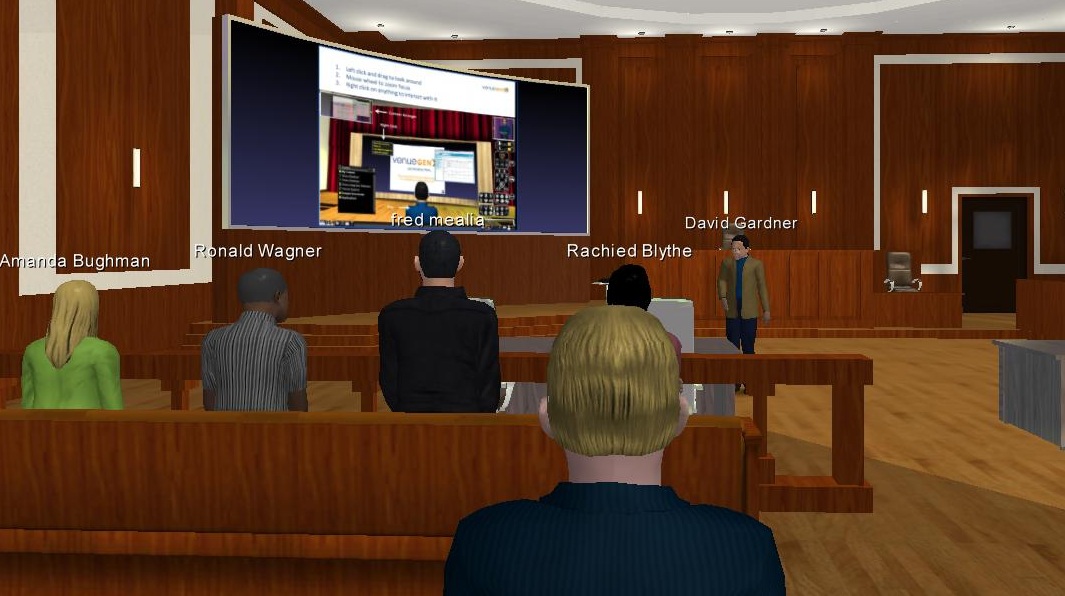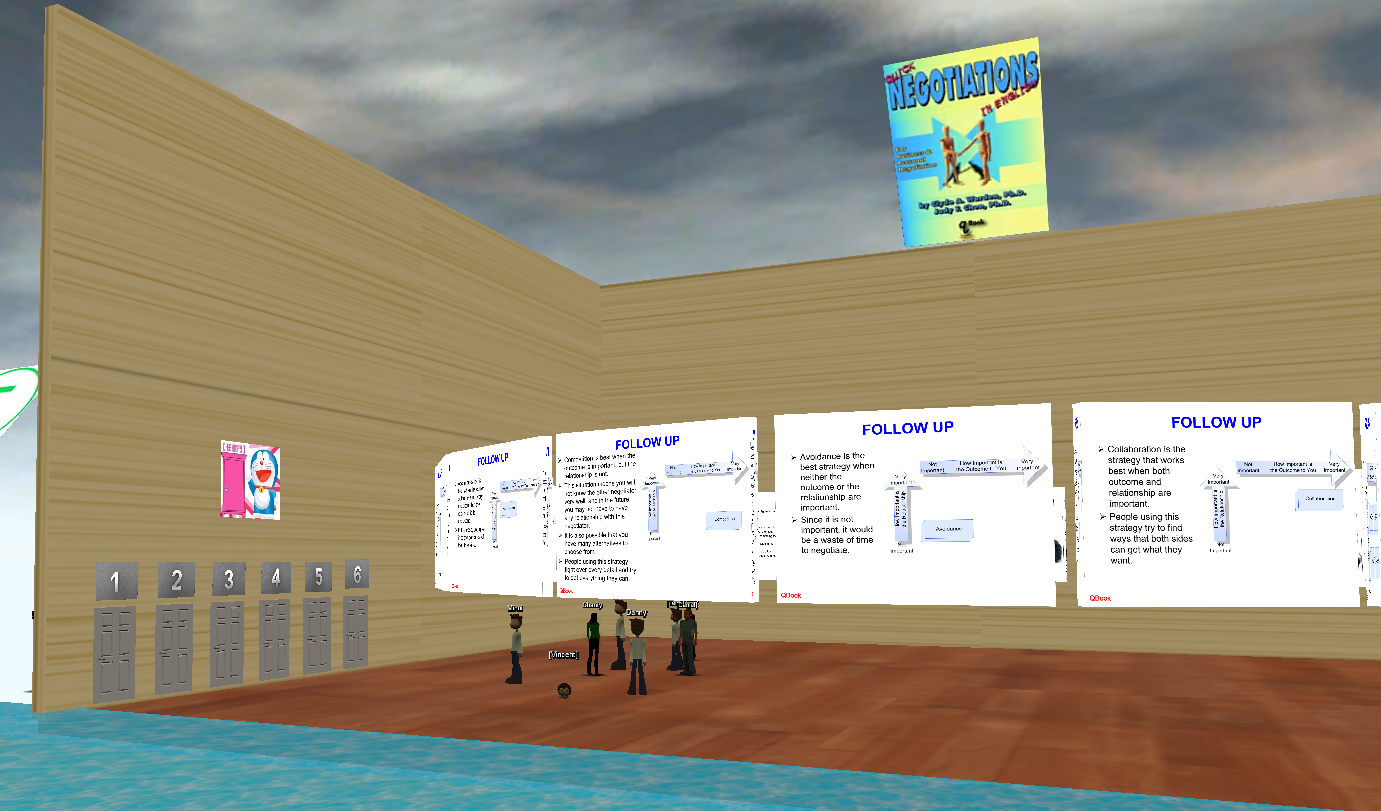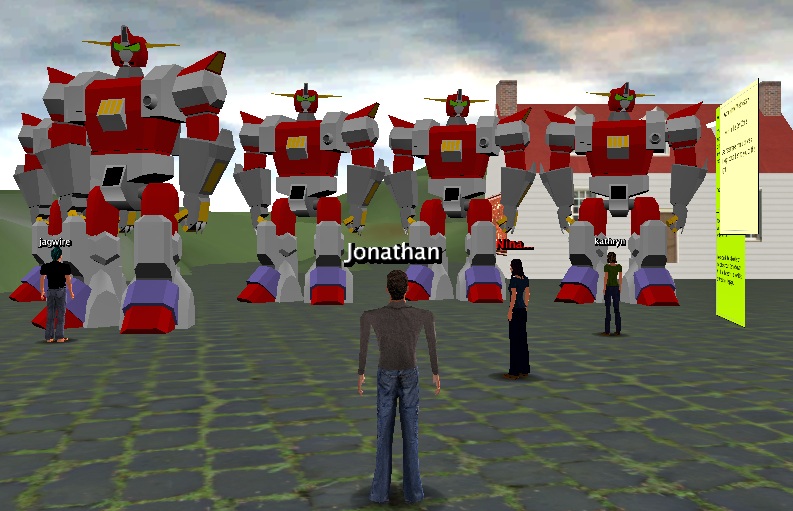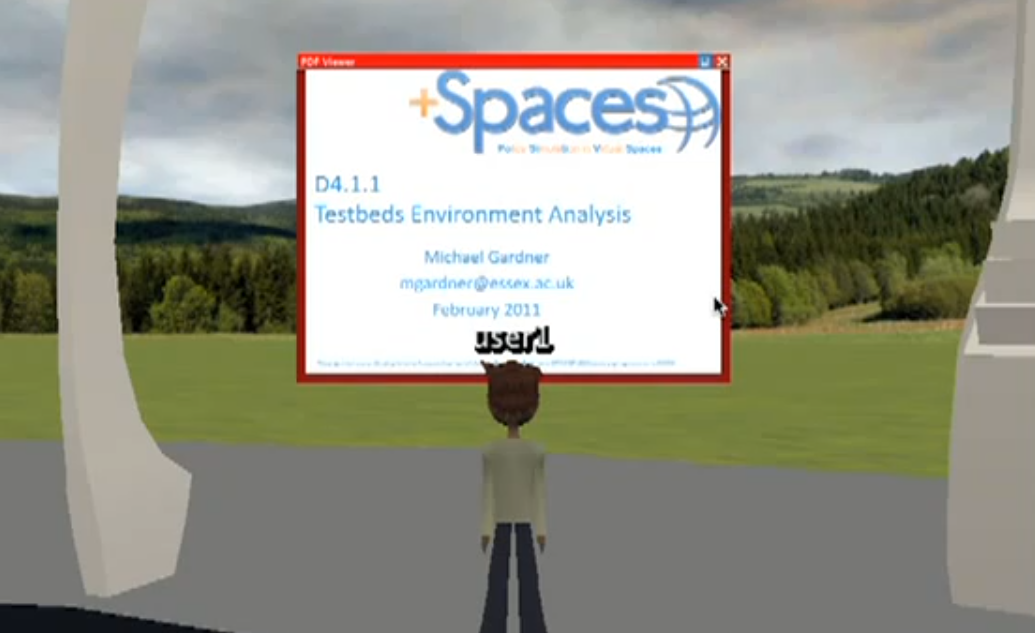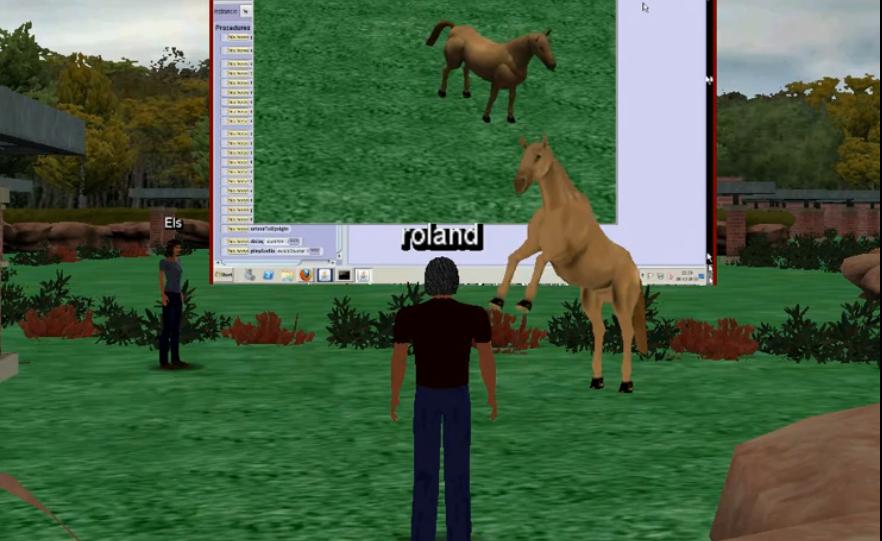3D environments for the enterprise
Looking for an immersive platform for your company, non-profit, educational institution, or government agency? Start with the following list of vendors, all of which have a successful history of serving enterprise customers. Browser-based platforms Running a virtual world in a browser does impose some limitations on the environment. But, onRead More →

